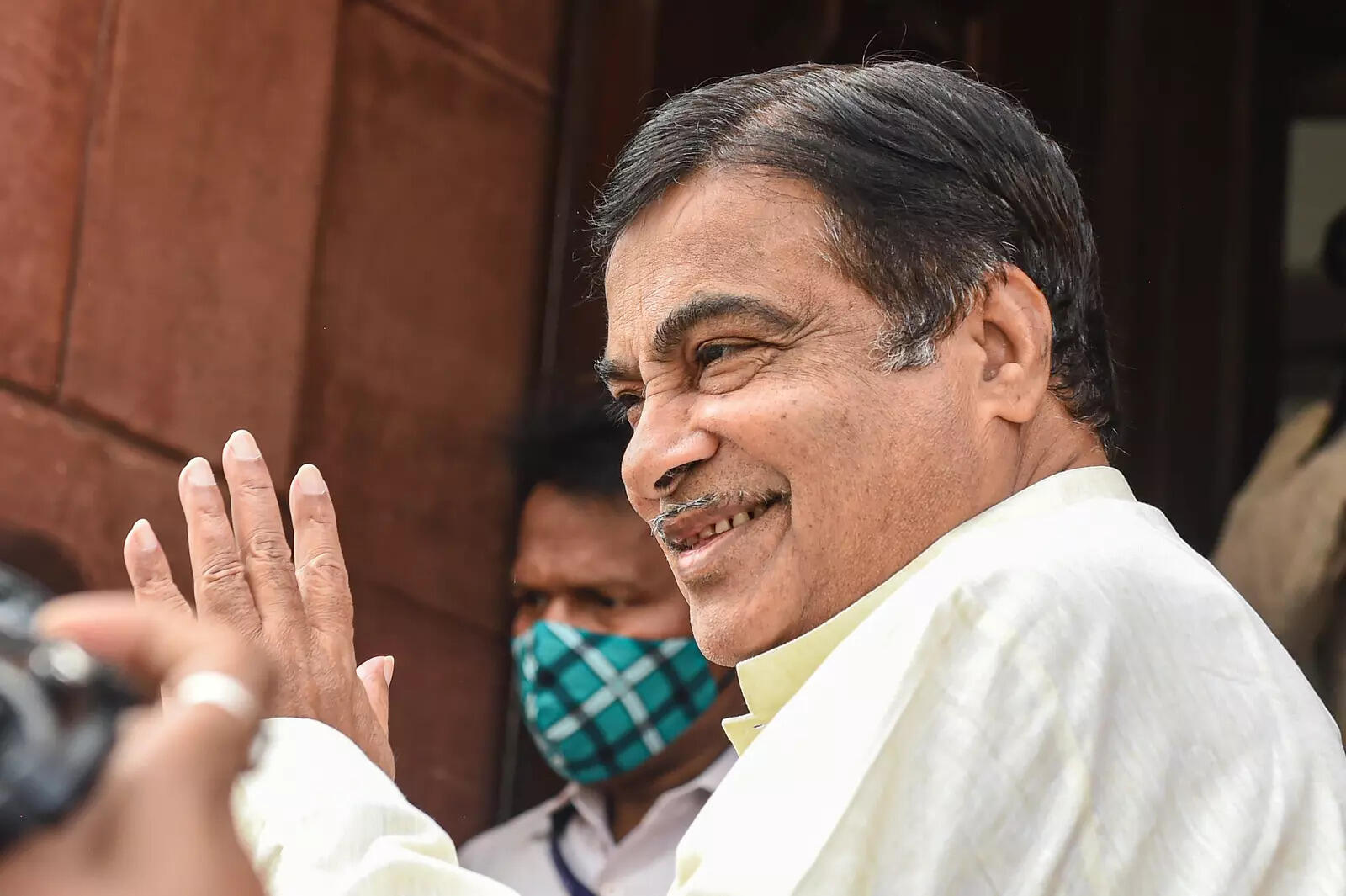
Propagating the idea of the use of alternative fuels, Union Minister for Road Transport and Highways Nitin Gadkari on Sunday said green hydrogen is the future fuel. He said hydrogen can be made from petroleum, coal and biomass, organic waste and sewage water. He further said ‘my dream is to make green hydrogen available at $1/kg which can be used in aviation, railway, bus, truck, chemical and fertilizer industry instead of coal and petroleum.
Gadkari said 1 litre of ethanol costs Rs 62 but in terms of calorie value, 1 litre of petrol is equivalent to 1.3 litres of ethanol. He said, “Indian Oil collaborated with Russian scientists and worked on the idea and now the Petroleum Ministry has certified the technology for making the calorie value of ethanol equivalent to petrol.”
Reiterating his idea of creating wealth from waste, the Union transport minister said: “In Nagpur, we are recycling sewage water and selling it to the state government for power projects, which is earning us Rs 300 crore royalty per year. In India, there is a huge potential of Rs 5 lakh crore in solid and liquid waste management.”
The minister was addressing the National Conference for Civil Engineers and Professionals from Allied Industries, being organized by the Association of Consulting Civil Engineers (ACCE) in Mumbai.
The minister said that we have to take Indian infrastructure to world standards. He said ‘I have decided to make Indian road infrastructure, even in Bihar and Uttar Pradesh, up to the road infrastructure standards of USA before the end of 2024’.
Exhorting the engineers and industry professionals at the conference, the minister said India has got huge potential in infrastructure. In Indian infrastructure, there is huge potential for road construction, river connectivity, solid and liquid waste management, parking plaza, irrigation, bus ports, ropeways and cable car projects. Speaking about various ongoing projects of the Ministry of Road Transport and Highways, Gadkari said: “We are making 26 Green Express Highways and Logistics parks of Rs 2 lakh crore. At the same time, we have many innovative ideas by which we can develop infrastructure further.”
He further said that the future of the Indian infrastructure sector is very bright. “We need to accept good technology, research, innovation and successful practices from across the world and from within India. We should use alternative materials to reduce costs without compromising on quality. Time is the most important aspect in construction, it is the biggest asset.” The minister underlined the role of civil engineers and said it is very important for job creation and for growth.
Pitching his idea of using greener alternatives in road construction, the minister said: “You should find alternatives to cement and other raw materials. Glass fibre steel can be used in place of steel. If there is competition, the cost will come down and become reasonable.”
Citing examples of Mumbai Pune Expressway and Worli Bandra Sealink to illustrate leveraging capital markets for public infrastructure projects, Gadkari said: “Under InvIT, our idea is to take money from poor people and give them 7%-8% monthly return on their money. We have decided to go for capital markets, we will sell shares of a maximum of Rs 10 lakh to one person, they will invest and we can raise resources, he said.
He further said NHAI is AAA-rated and has good economic viability. ‘Our toll revenue at present is Rs 40,000 crore per year, by the end of 2024, it will become Rs 1.4 lakh crore per year. So, we don’t have any problem with money. He informed us that 70 percent of the Delhi-Mumbai Express Highway has already been completed. He said ‘My dream is to take citizens from Nariman Point, Mumbai to Delhi in 12 hours; we are now working to connect Nariman Point.’